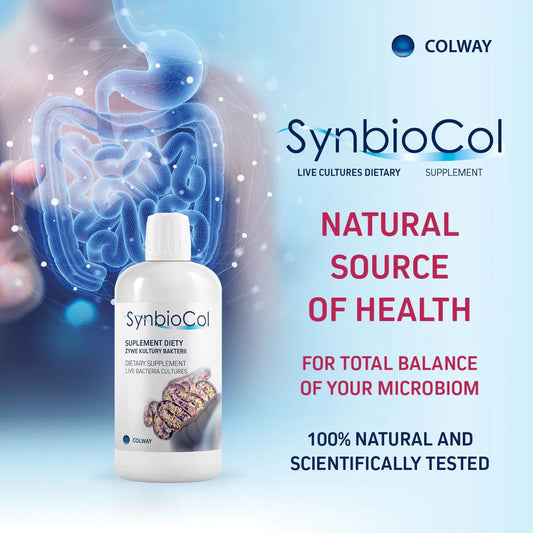Everything You Need to Know About Chemical Peel Aftercare for Your Skin
Chemical peels are a popular cosmetic procedure that can improve the appearance of your skin by removing dead skin cells, reducing fine lines and wrinkles, and correcting hyperpigmentation. However, like any medical treatment, chemical peels require proper aftercare to ensure optimal results and minimize the risk of complications.
In this article, we'll explore the best practices for chemical peel aftercare, including what to expect after your treatment, how to care for your skin, and what to avoid. We'll also answer some frequently asked questions about chemical peels and aftercare.
What to Expect After Your Chemical Peel
After your chemical peel, your skin may be red, swollen, and sensitive to the touch. You may also experience peeling, flaking, and dryness as the top layer of your skin sheds. These symptoms are normal and should subside within a few days to a week, depending on the intensity of your peel.
It's important to avoid picking, scratching, or rubbing your skin during the healing process, as this can cause scarring or infection. Instead, keep your skin hydrated and protected with a gentle moisturizer and sunscreen.
How to Care for Your Skin After a Chemical Peel
The following tips can help you care for your skin after a chemical peel:
- Keep your skin hydrated: Use a gentle, non-comedogenic moisturizer to keep your skin hydrated and prevent dryness and flakiness. Avoid heavy creams or lotions that can clog your pores.
- Protect your skin from the sun: Apply a broad-spectrum sunscreen with an SPF of at least 30 every day, even if it's cloudy outside. Avoid direct sun exposure and wear a hat or protective clothing if you need to be outside.
- Avoid harsh products: Skip any products that contain harsh chemicals, fragrances, or exfoliants for at least a week after your treatment. These can irritate your skin and interfere with the healing process.
- Be gentle with your skin: Avoid scrubbing, picking, or rubbing your skin during the healing process. Use a gentle cleanser and pat your skin dry with a soft towel.
- Follow your doctor's instructions: Your doctor may provide you with specific instructions for aftercare based on the type and intensity of your chemical peel. Follow these instructions carefully to ensure the best possible results.
What to Avoid After a Chemical Peel
In addition to the tips above, it's important to avoid the following after a chemical peel:
- Direct sun exposure: Your skin will be more sensitive to the sun after a chemical peel, so it's important to avoid direct sun exposure as much as possible. If you must be outside, wear protective clothing and a hat, and stay in the shade.
- Harsh products: As mentioned above, harsh chemicals, fragrances, and exfoliants can irritate your skin and interfere with the healing process. Avoid these products for at least a week after your treatment.
- Picking or peeling your skin: It may be tempting to pick or peel your skin as it starts to flake off, but this can cause scarring or infection. Let your skin shed naturally and avoid touching it as much as possible.
- Hot water: Hot water can dry out your skin and worsen the effects of a chemical peel. Stick to lukewarm water when washing your face or taking a shower.
FAQ
Q: How often can I get a chemical peel?
A: This depends on the type and intensity of the peel, as well as your skin type and condition. Generally, you should wait at least four weeks between peels to allow your skin to fully heal.
Q: Can I wear makeup after a chemical peel?
A: It's best to avoid wearing makeup for at least 24 hours after your peel, as your skin will be sensitive and may need time to breathe. After that, you can use a gentle, non-comedogenic foundation or powder if desired.
Q: Are chemical peels safe for all skin types?
A: Chemical peels can be safe and effective for most skin types, but it's important to consult with a dermatologist or skincare professional before undergoing the treatment. They can assess your skin type and condition and recommend the best type of peel for your needs.
In conclusion, chemical peels can be a great way to rejuvenate your skin and improve your appearance, but proper aftercare is crucial for optimal results. By following the tips and recommendations in this article, you can ensure that your skin heals properly and looks its best.













